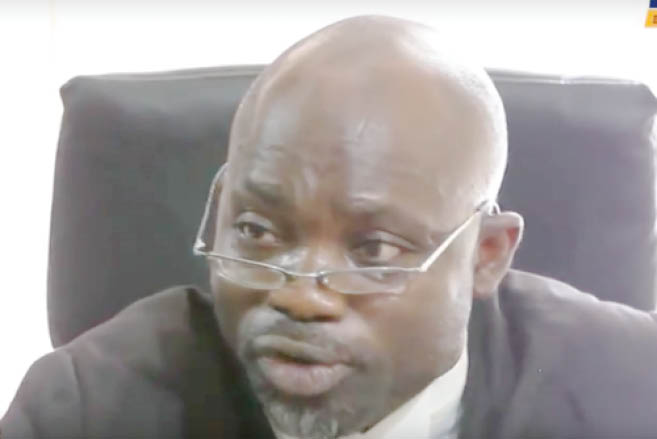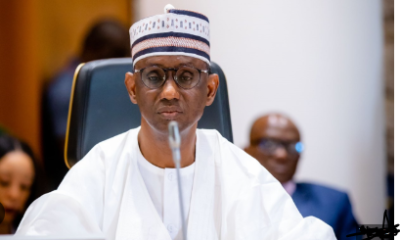Indigenous stakeholders in the Niger Delta decried monumental injustice against the people by governments and oil companies in the region.
Several stakeholders at the presentation of research report Dr. Olubunmi Afinowi, on “Promoting Transparency and Accountability in the use of Public Funds in Nigeria with Focus on the Niger Delta”, conducted by the Socio-Economic Rights Advocacy Project (SERAP) at an Interactive Session and Press Briefing in Lagos, narrated their diverse ordeals and encounters with the oil companies and governments.

Olubunmi Afinowi, Researcher
Some stakeholders complained of bulk crude oil dumped on the surface of their environment after oil spillage.
Stakeholders alleged that government send Army to suppress the people, suppress those who are speaking out against oil spillage and neglect of the people.
A stakeholder noted that the deadline to stop gas flaring had elapsed, first in 2010, then, 2020 – adding that no oil company complied with the deadline.
The stakeholder emphasised penalties are paid by the oil companies for default, but protested that the fines for gas flaring default are not disbursed to address the environmental hazards the people are facing. He asked: “where is the gas flaring fines going to?”
Some others complained of perceived improper use of funds allocated to the Niger Delta states. They argued that “funds have contributed little to lives of the people,” lamenting that “people living in hopelessness in the region.”
They were of the view that “funds released to governments do not match the development projects in the region.”
According to the stakeholders, “mismanagement of resources has no end”.
Some participants, however, noted that the cost of developing infrastructure is high in the Niger Delta because of the peculiar environment.
A participant stated that the situation in the Niger Delta is different, noting that the swampy region requires layers of materials before constructing infrastructure in the region.
A stakeholder argued that given the magnitude of environmental injustice, people cannot address agitators in the Niger Delta as militants when issues of injustice in the region are obvious.
Another stakeholder complained that the burning of stolen crude oil by security operatives increases the carbon that the locals inhale. He advocated that the government create farm tank to store the recovered stolen crude, to help quantify the amount of crude being stolen from the region.
Some others argued that the control of NDDC is not in Port Harcourt, saying that the control is in Abuja. They insisted that the NDDC is controlled from Abuja.
“According to them, “until there is restructuring, so that the Niger Delta can have comparative advantage, there will be no end to environmental injustice in the region.”
SERAP adopted a 10-point plan for advocacy on accountability and transparency in the Niger Delta.

 Entertainment6 days ago
Entertainment6 days ago
 Health5 days ago
Health5 days ago
 Crime5 days ago
Crime5 days ago
 Education7 days ago
Education7 days ago
 Health7 days ago
Health7 days ago
 Comments and Issues6 days ago
Comments and Issues6 days ago
 Football6 days ago
Football6 days ago
 Latest6 days ago
Latest6 days ago












